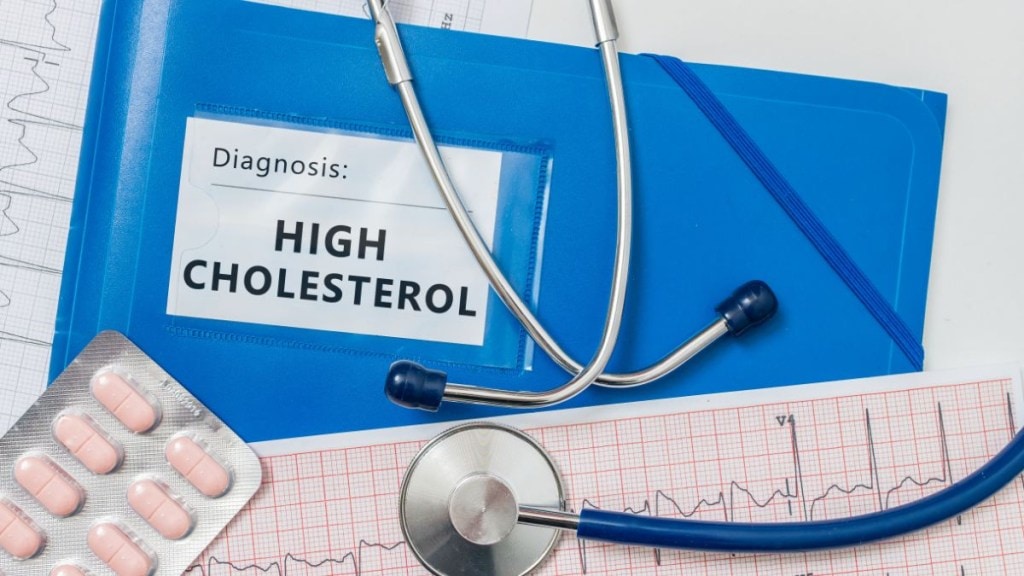A new cholesterol pill, developed by Merck, can lower LDL levels by a staggering 60% in the adults with a genetic form of high cholesterol, as per the findings published in the Journal of the American Medical Association (JAMA).
Merck that introduced statins, a class of drugs that lower cholesterol by reducing the production of cholesterol in the liver 40 years back, announced that the new pill helped slash heart attack and stroke rates in high risk patients by 20 per cent, within a year.
Who can benefit from the new cholesterol pill?
Patients with HeFH (Heterozygous Familial Hypercholesterolemia), a genetic condition affecting 1 in 250 people, could impair body’s natural ability to drive out LDL cholesterol. The inherited condition can raise risk of early atherosclerotic cardiovascular disease (ASCVD), a buildup of fatty deposits in arteries, which can lead to narrowed vessels affecting blood flow to vital organs.
How the new pill works
The new pill enlicitide could be a gamechanger as it works by blocking a liver protein PCSK9 that prevents the body to eliminate cholesterol thereby helping reduce LDL (low-density Lipoprotein) levels. This also translates into benefits for heart health with incidents of heart attack and stroke falling to 20 percent in just the first year of its use.
“Enlicitide was designed to deliver PCSK9 antibody-like efficacy and specificity in an easy-to-use pill,” said Dr. Dean Y. Li, president, Merck Research Laboratories. “Enlicitide, if approved, adds to physicians’ armamentarium to lower LDL-C.”
How the trial was conducted
The 52-week trial, spanning for around a year, involved over 300 adults from 17 countries with HeFH, already on statins or other lipid-lowering therapies. The participants were divided into two groups randomly for the trial where one group was given a daily 20 mg Enlicitide pill, while the other group received a placebo.
After 24 weeks, it was observed that LDL cholesterol levels dropped by around 58.2% in patients taking Enlicitide, while those on the placebo didn’t see any change. After 52 weeks, people on Enlicitide registered a drop of 55.3% in their LDL cholesterol levels. The placebo group saw a rise in their cholesterol levels by 8.7%.
How lowering cholesterol can cut chronic disease risk
Studies over the years have suggested how cutting LDL cholesterol levels can benefit several aspects of health. As per Harvard Health, doing so can reduce risk of cardiovascular death, heart attacks, strokes, and the need for bypass surgeries, both in the case of established coronary artery disease, as well as in high-risk patients without coronary artery disease.
The pill aims to benefits patients who are struggling to reach their cholesterol targets with currently available medicines.
Merck hopes to apply for Food and Drug Administration approval early next year, Merck associate vice president of clinical research Puja Banka told CNN.

